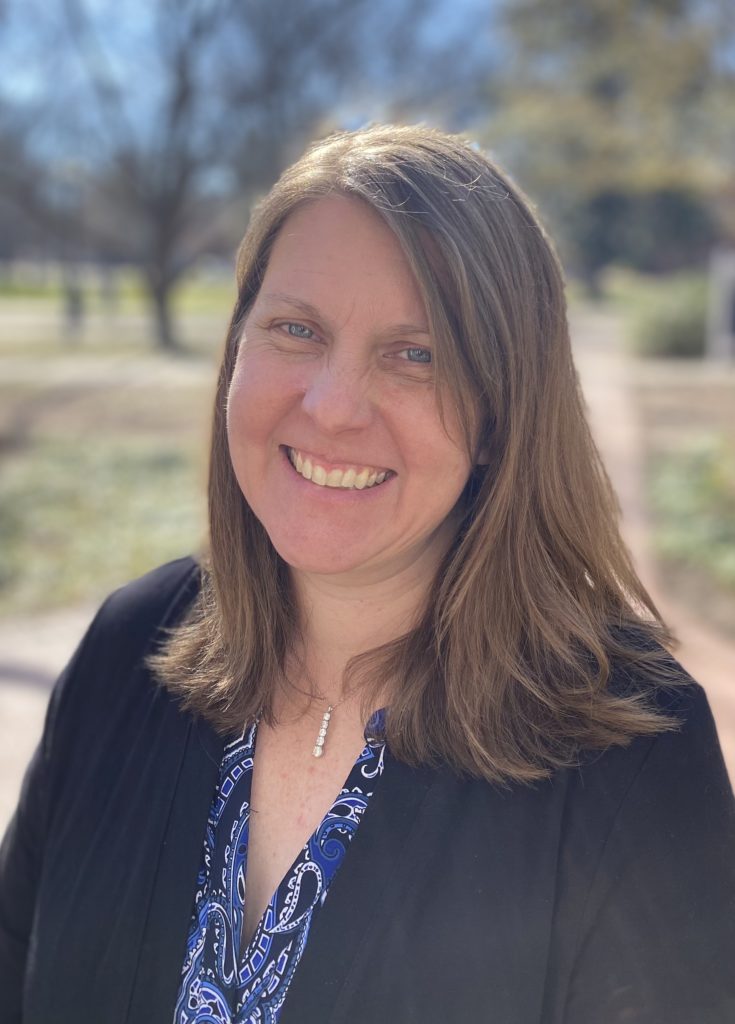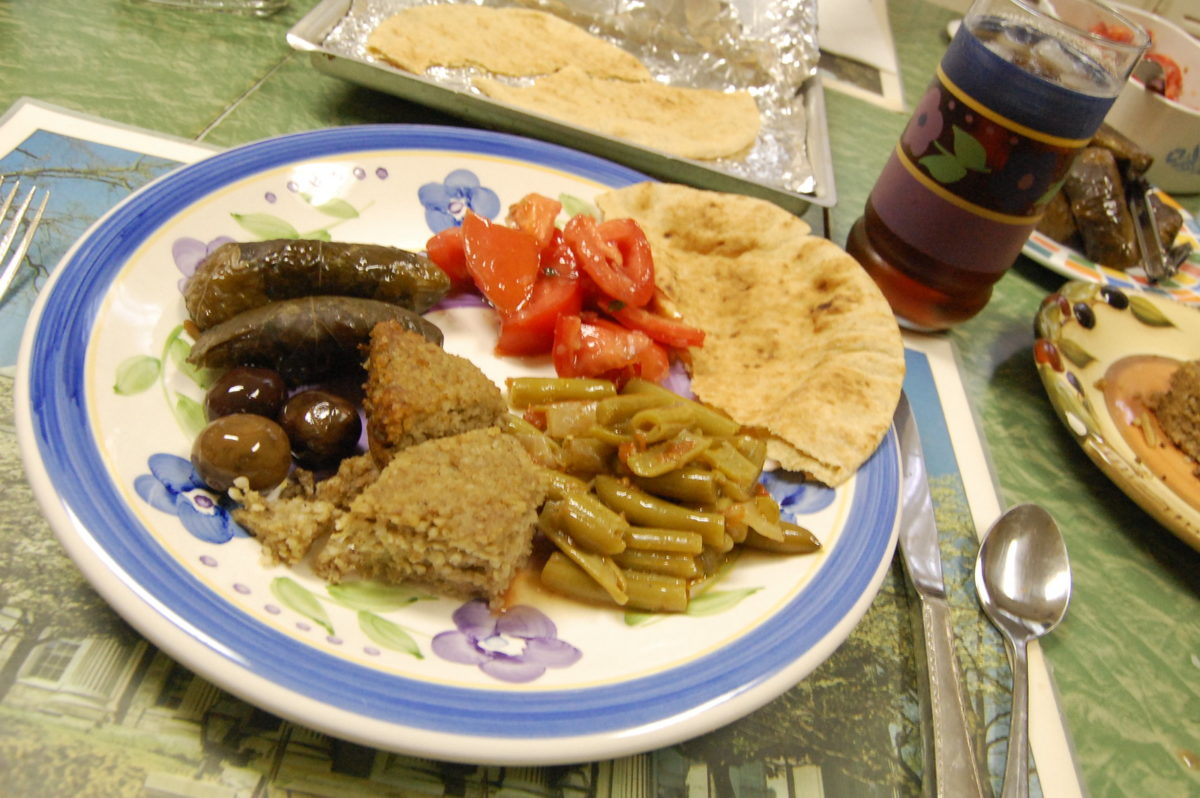Everyday cooking may not feel like an act of cultural or creative expression, but Mary Beth Lasseter of the Southern Foodways Alliance would tell you otherwise.
Lasseter spends her days championing the unsung heroes of the culinary arts—people like Helen Turner, a barbecue pit master who keeps locals fed in Brownsville, Tennessee, and Ed Scott, one of the first African American catfish farmers in the Delta, who set up his own fish processing plant because he couldn’t find one that would prepare his catch for market.

“These people aren’t on the covers of newspapers, but they have an influence on your daily life,” says Lasseter, interim co-director of the Oxford-based organization. “They are names locals know, and we want to share those people and share their stories.”
On March 5 at the Catfish Row Museum, Lasseter will present a discussion on the significance of these local foodways called “Learning from Local Foods.” And, yes, tamales are on the menu, at least in a figurative sense.
A unique local food offering, the Mississippi take on the traditional Mexican tamale points back a century to seasonal migrant workers who labored on farms in the Delta. These workers would bring their foodways with them, and when they broke for meals, they would pull warm tamales filled with masa from their pails. The convenient, portable dish caught on and became part of the local foodways.
“They became a source of income in the growing season, so when nobody was picking and nobody was harvesting, they could make tamales,” she explains. “You see tamales across the Delta. Italians make them—I’m thinking of Doe’s in Greenville, I’m thinking about Solly’s in Vicksburg—and then of course there are plenty of African American roadside stands selling tamales in the Mississippi Delta.”
Lasseter will also talk about the Vicksburg Farmers Market, which she helped create with Kristen Meehan when Lasseter lived in the River City from 2008 to 2016. When Lasseter arrived, she was surprised the city didn’t have an active market where people could buy fresh produce directly from local growers. After finding a kindred spirit in Meehan, the pair soon realized it was easier said than done.
“The hardest part of having a farmers market is not getting customers, it’s finding vendors,” she explains. “We were beating the streets trying to find people that had gardens that were big enough that they had excess produce to sell. The first couple of markets we did were pretty thin, and we had just a couple of vegetable vendors from around the area, and they didn’t really have a whole lot to share.”
But the demand was there. Lasseter remembers vendors selling out within the first hour of the scheduled three-hour market, which was held every Saturday morning and Wednesday evening at the peak of the summertime growing season.
“We found some old timers, like Bill Freeman, who sold tomatoes; people remembered him from the last market, and there would be lines of 50 people long waiting to get his tomatoes before the market was open,” she says. “We had a guy who would make a run and get watermelons from Smith County and sell them, and he was always popular.”
What interests Lasseter most about foodways goes beyond typical considerations like nutrition. Food, she says, tells us about who we are, where we came from, and where we’re going.
“There are always going to be foods associated with the South, either because of generalizations and stereotypes or because they’re authentically from the South. People associate foods with memory and family, so I’m going to talk a little about how food connects us in ways that other things don’t.
“Food is a convenient way to gather and have conversations—heavy conversations that may not be threatening when you’re around the same table. When you’re around a common table it’s easier to discuss things. Lunch-counter sit-ins in the Civil Rights Movement, all that happens at the Woolworth’s counter, where people were sitting down to get hamburgers.”
While the South is often defined in films and media by the worst parts of its history, Lasseter will show how regional foodways aren’t monolithic in nature or stuck in anyone’s version of the past. They’re made up of communities of people from varied backgrounds, who bring their family and cultural traditions, as well as their own preferences, to the table. And just like people, they evolve.
“The South is not a static thing or one idea,” she says. “It’s multiple ideas, multiple cultures sewn together like a quilt.”
The free program, “Learning from Local Foods,” will be Saturday, March 5, at 2 p.m., at the Catfish Row Museum, 913 Washington St. Food for Thought is made possible through a grant from Mississippi Delta National Heritage Area. RSVP here.
Learn more about the foodways programs here.
Food for Thought Program Full Schedule:
All programs begin at 2 p.m. and will be at the Catfish Row Museum, 913 Washington St., in downtown Vicksburg. Learn more about our Food for Thought programs, workshops and lab hours.
Saturday, March 5: Learning from Local Foods — Mary Beth Lasseter, interim co-director of Southern Foodways Alliance, on storytelling and food and the creation of the Vicksburg Farmers’ Market
Saturday, March 26: Southern Jewish Food Cultures: A Conversation with Marcie Cohen Ferris and Lesley Silver — Marcie Ferris, Professor Emeritus and Foodways author from the University of North Carolina at Chapel Hill, and Lesley Silver, owner of the Attic Gallery
Saturday, April 2: Mississippi’s Black Farming Legacy — Ralph Eubanks, writer and essayist whose work focuses on race, identity, and the culture of the American South and Mississippi
Saturday, April 23: Home Town Recipes: Race, Myth, and Cookbooks in 20th Century Vicksburg — Dr. Andrew Haley, Moorman Distinguished Professor in the Humanities 2019-21 and Associate Professor of American Cultural History from the University of Southern Mississippi
Saturday, May 7: on documenting Delta Wok, a collaborative documentary project on Mississippi Delta Chinese — Talbot Easton Selby, associate dean in the Thomas W. and Robin W. Edwards College of Humanities and Fine Arts at Coastal Carolina University and professor of photography; Emily Jones, Delta State University archivist; and Gabriella Sang

